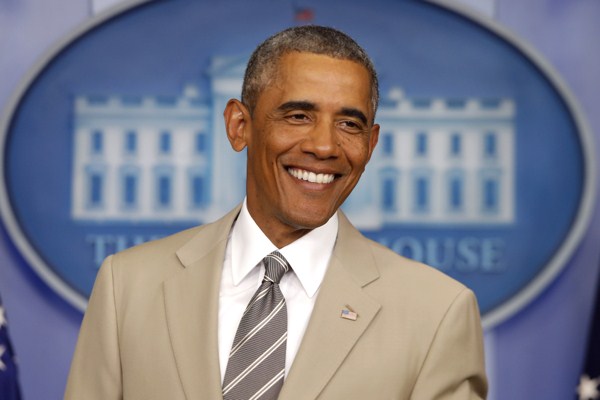In responding to press queries last week about how the United States plans to tackle the threat from the Islamic State—also known as the Islamic State of Iraq and Syria, or ISIS—President Barack Obama used an unfortunate choice of words in responding, “We don't have a strategy yet." The answer implied that Washington had been caught flat-flooted by the rapid deterioration of events in Iraq and was struggling to craft a response.
In reality, whole segments of the U.S. government’s national security apparatus are devoted to strategic planning. With regard to the Islamic State crisis, options have been in development by the planning cells of the Central Command (CENTCOM) of the U.S. military, as well as the Joint Staff at the Pentagon, the State Department and various interagency working groups and committees, all operating under the supervision of and within the parameters set by the White House National Security Council staff. Beyond the formal halls of government, the president has access to recommendations from the nongovernmental strategic sector housed in a number of institutes and think tanks in Washington and elsewhere. A lack of actionable ideas is not the problem.
But the clarifications of the president’s response made it clear that Obama was referring to the political aspects of strategy: the choice of priorities and tradeoffs. What costs is he willing to incur to pursue a particular course of action? It is clear that when it comes to a whole host of questions—from where and under what conditions the U.S. re-intervenes in Iraq to what the “next step” against Russia should be if sanctions alone are insufficient in changing President Vladimir Putin’s behavior vis-a-vis Ukraine—the president has not yet worked out the answers.

